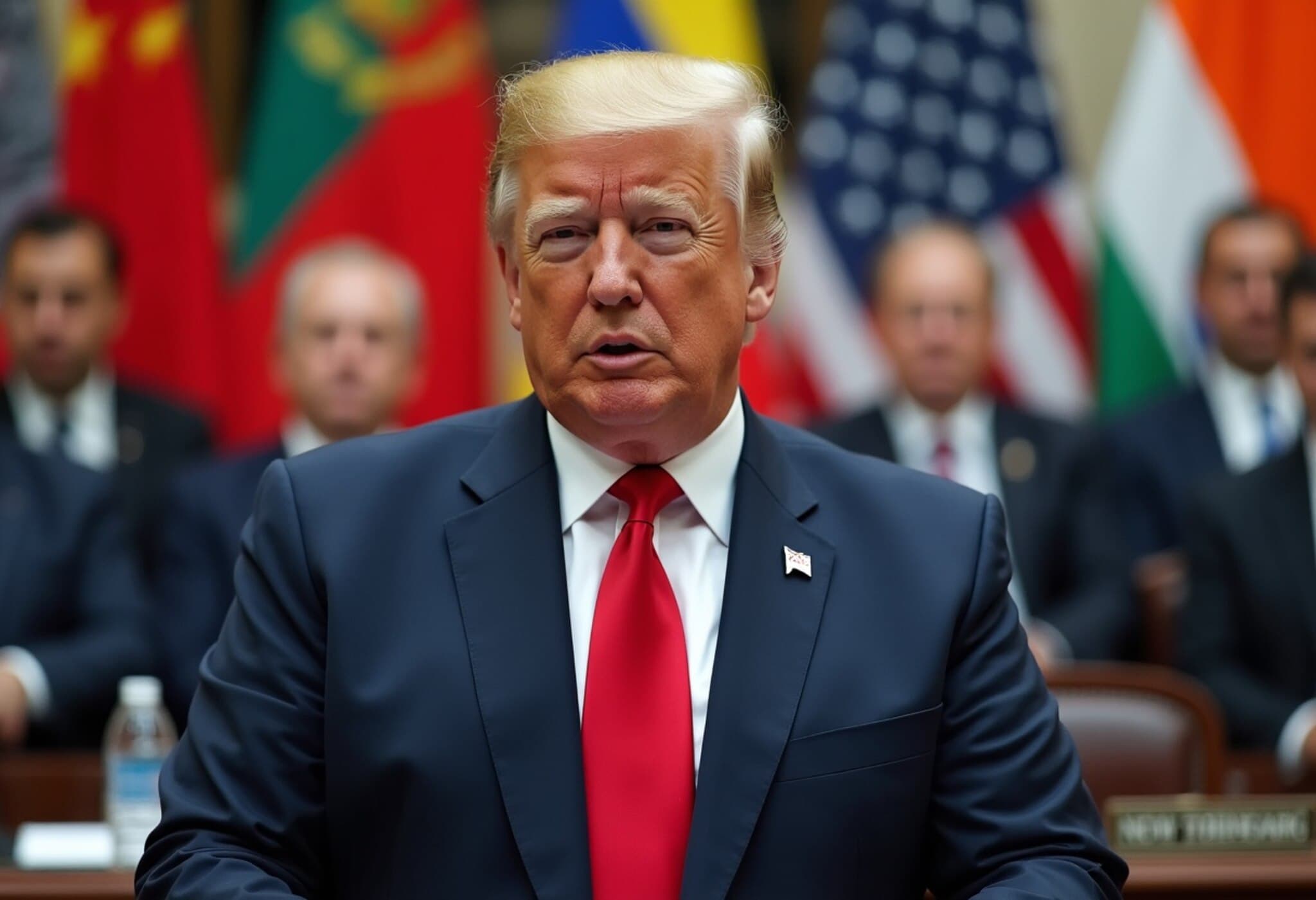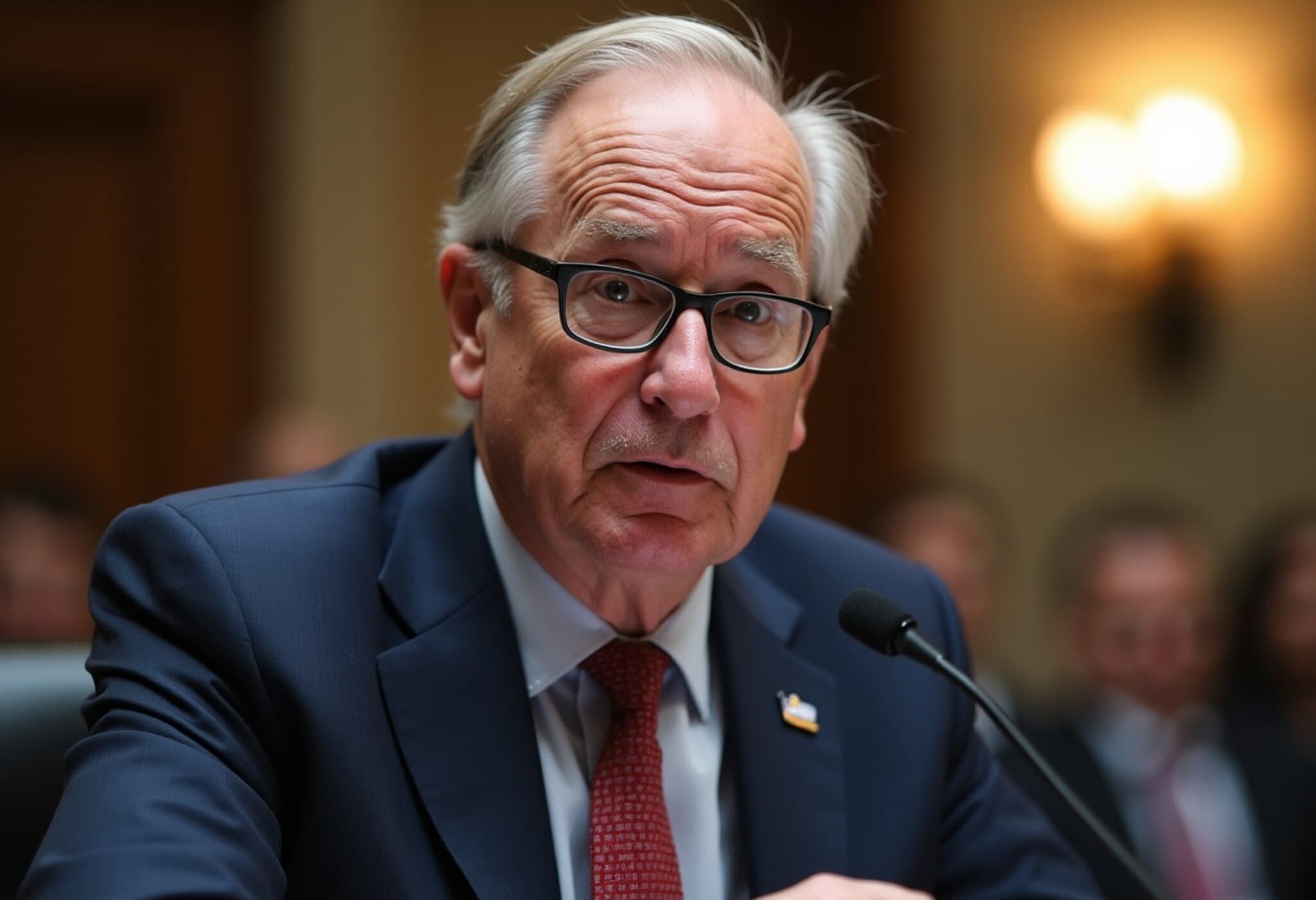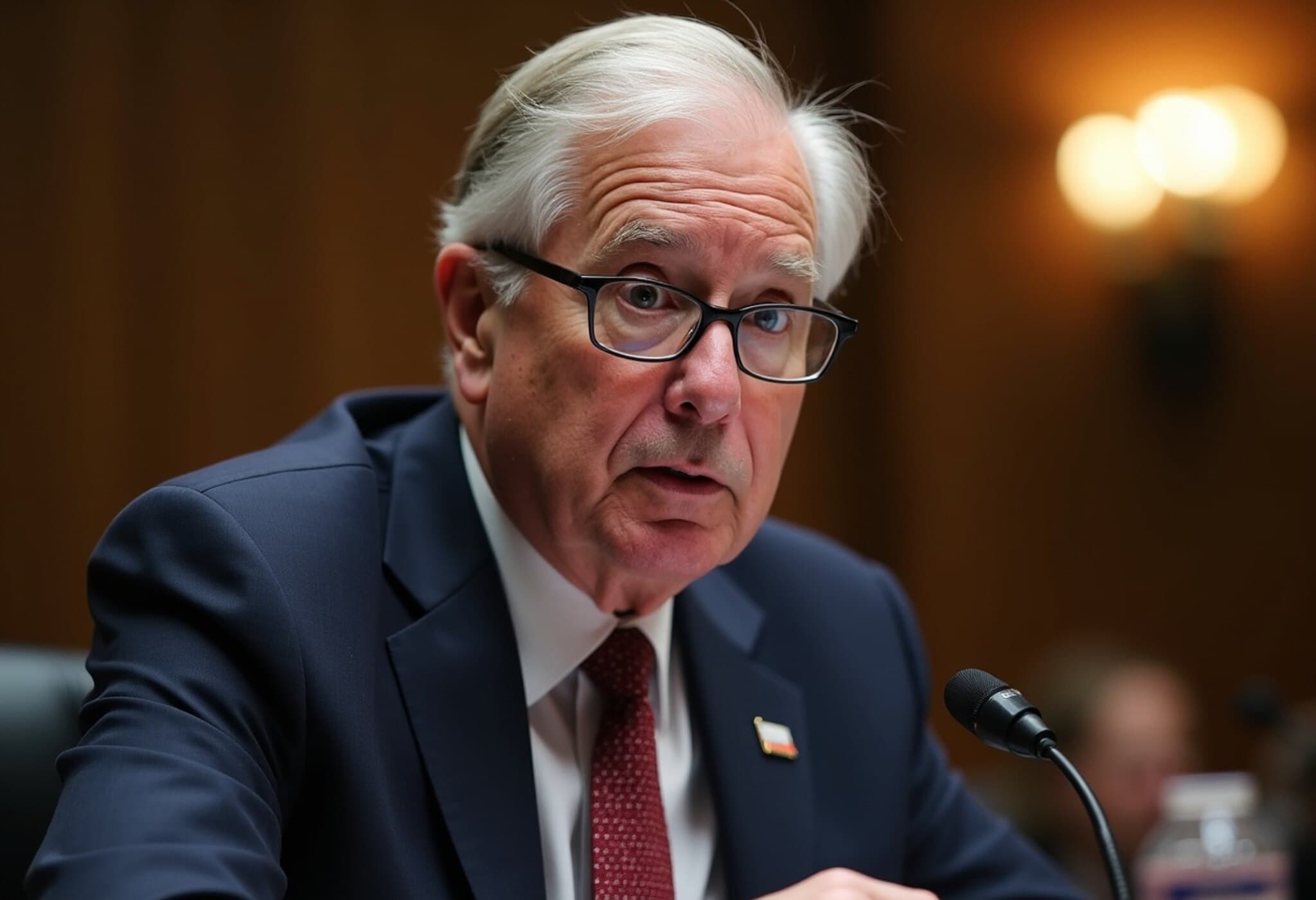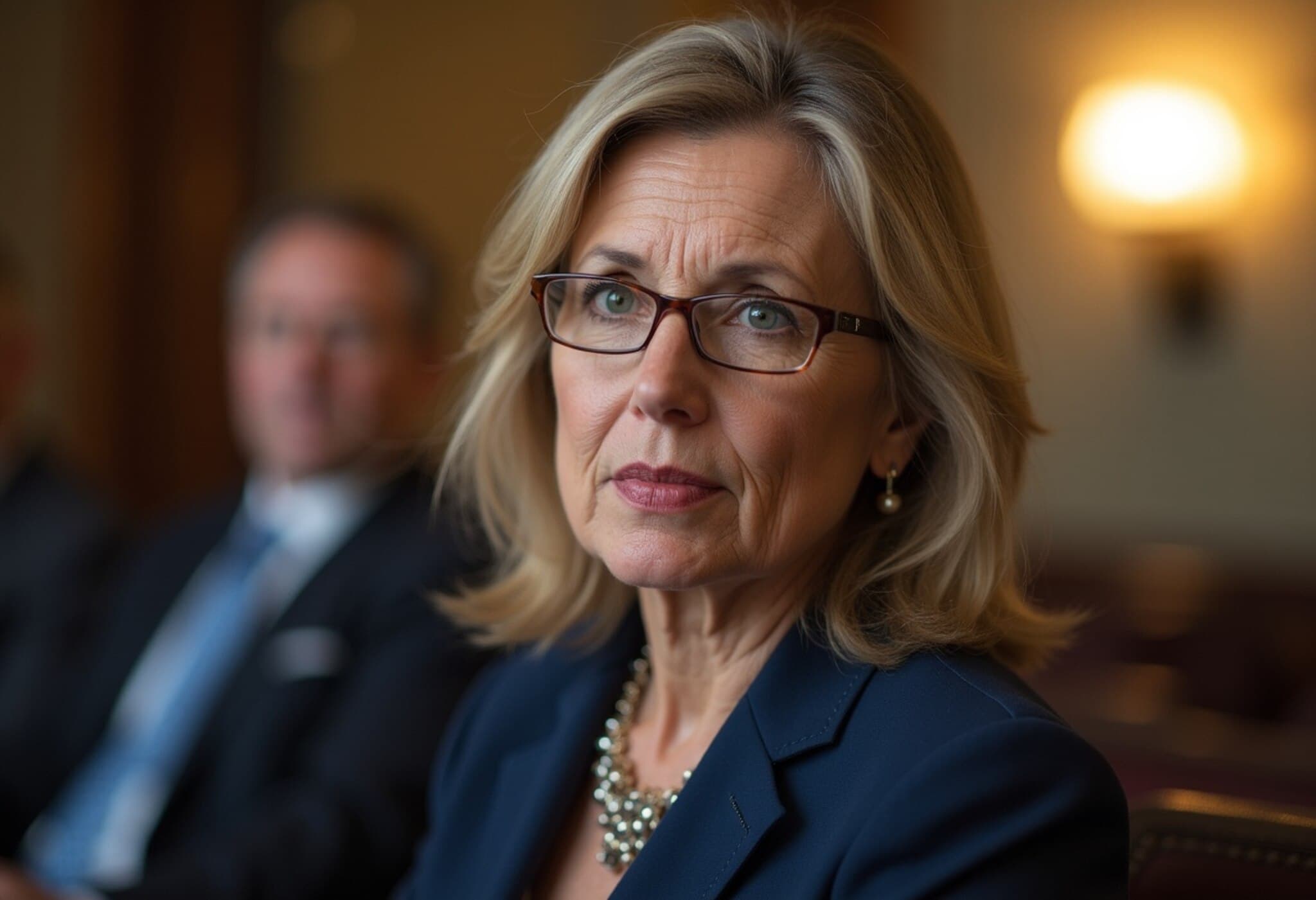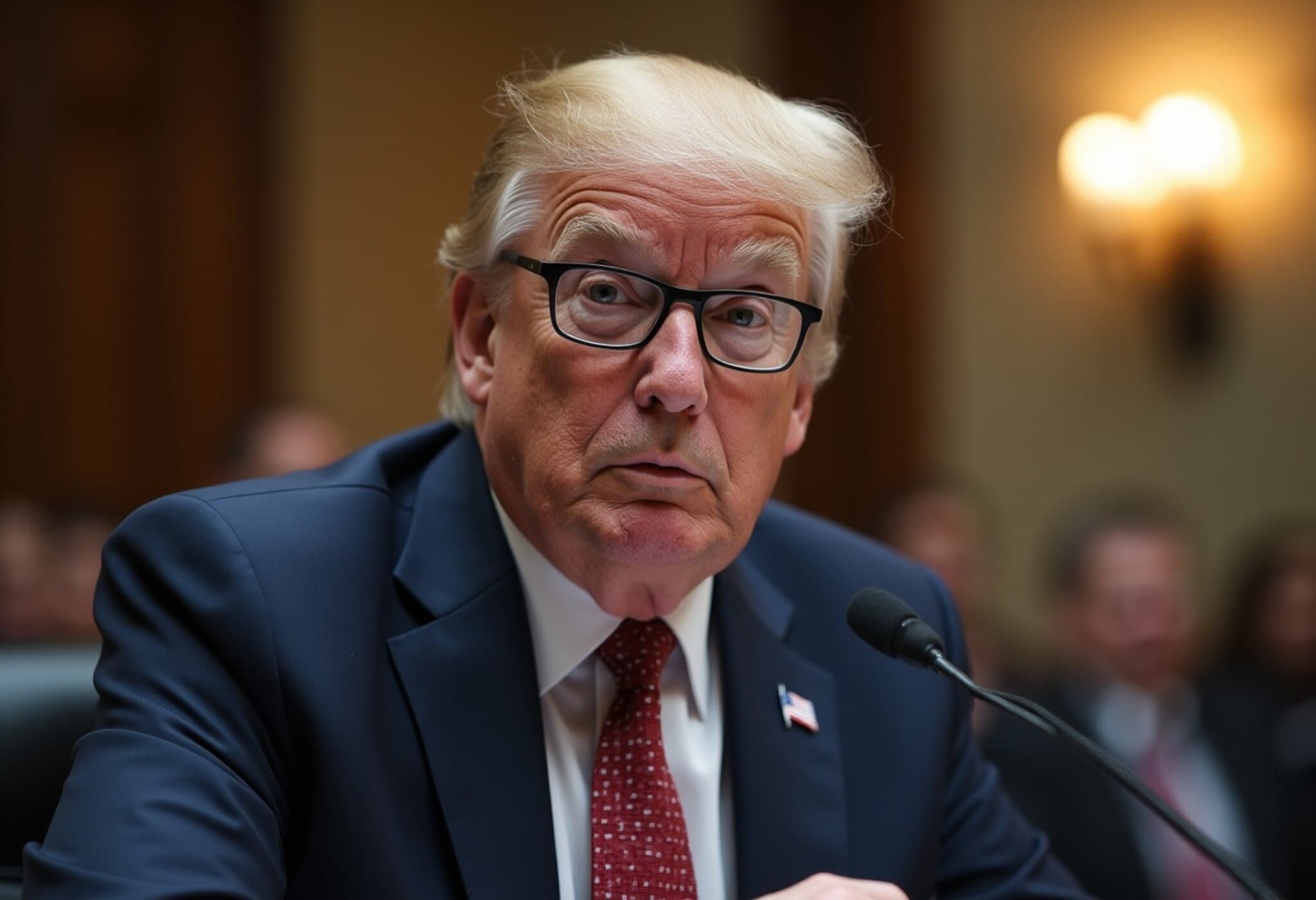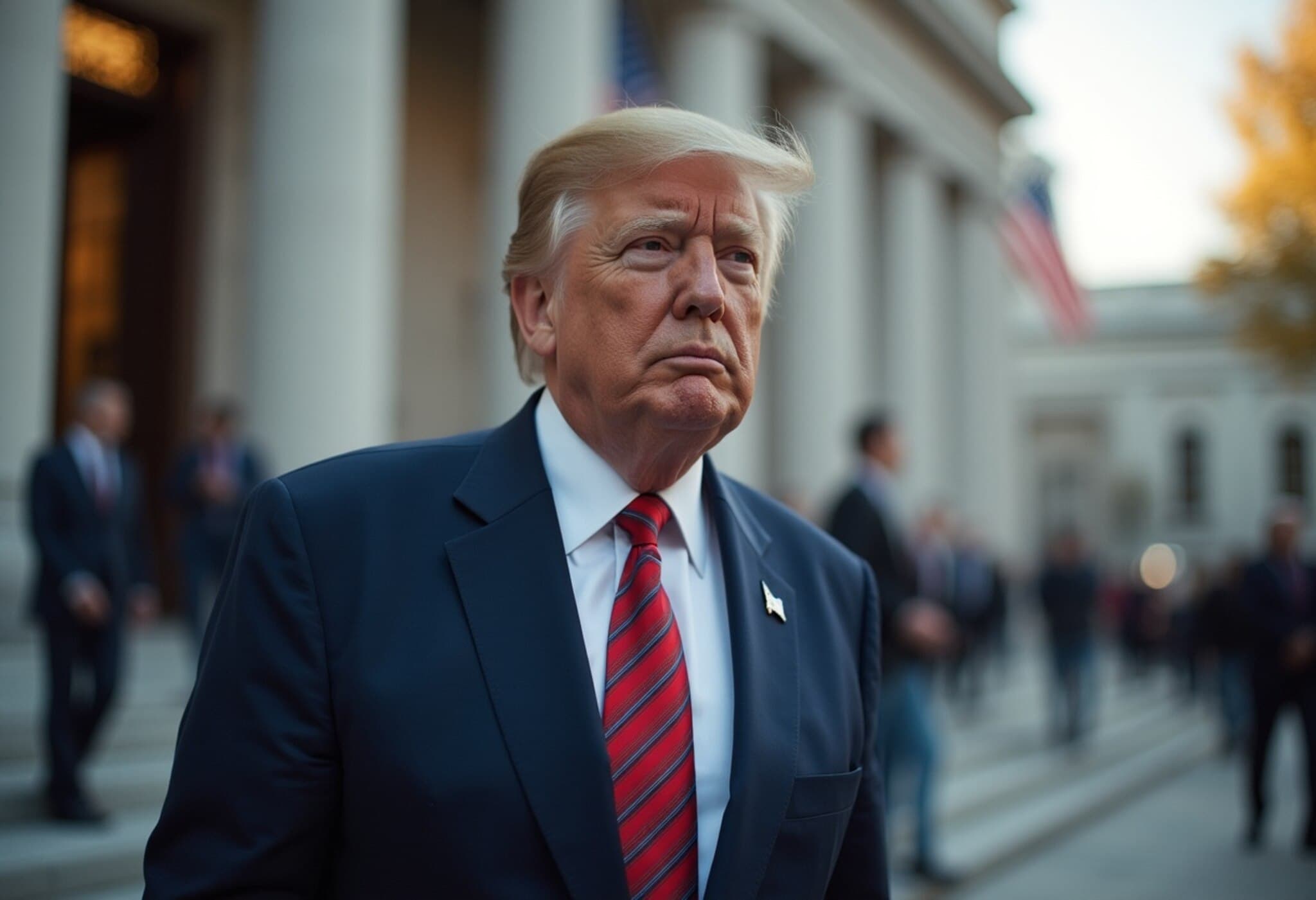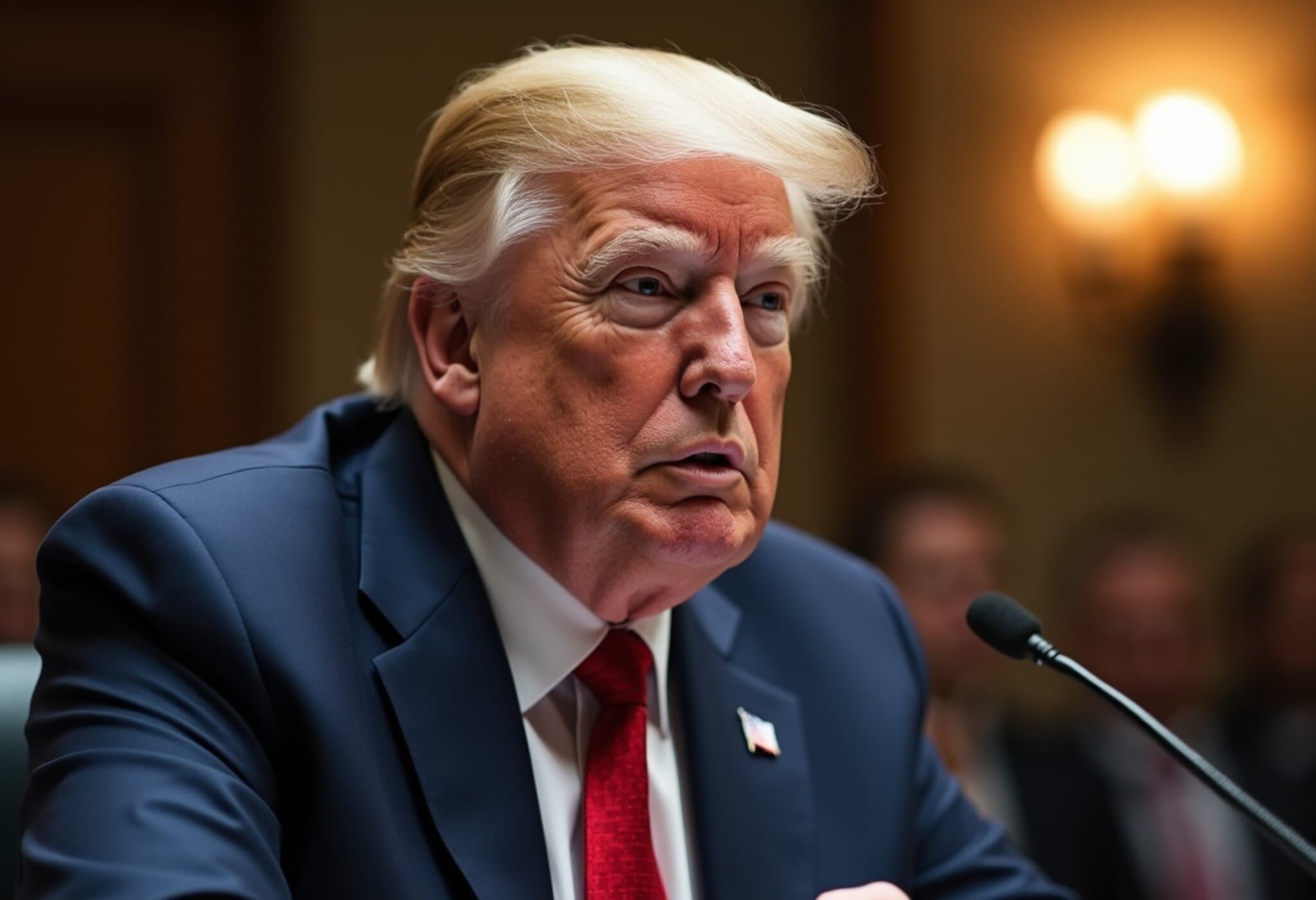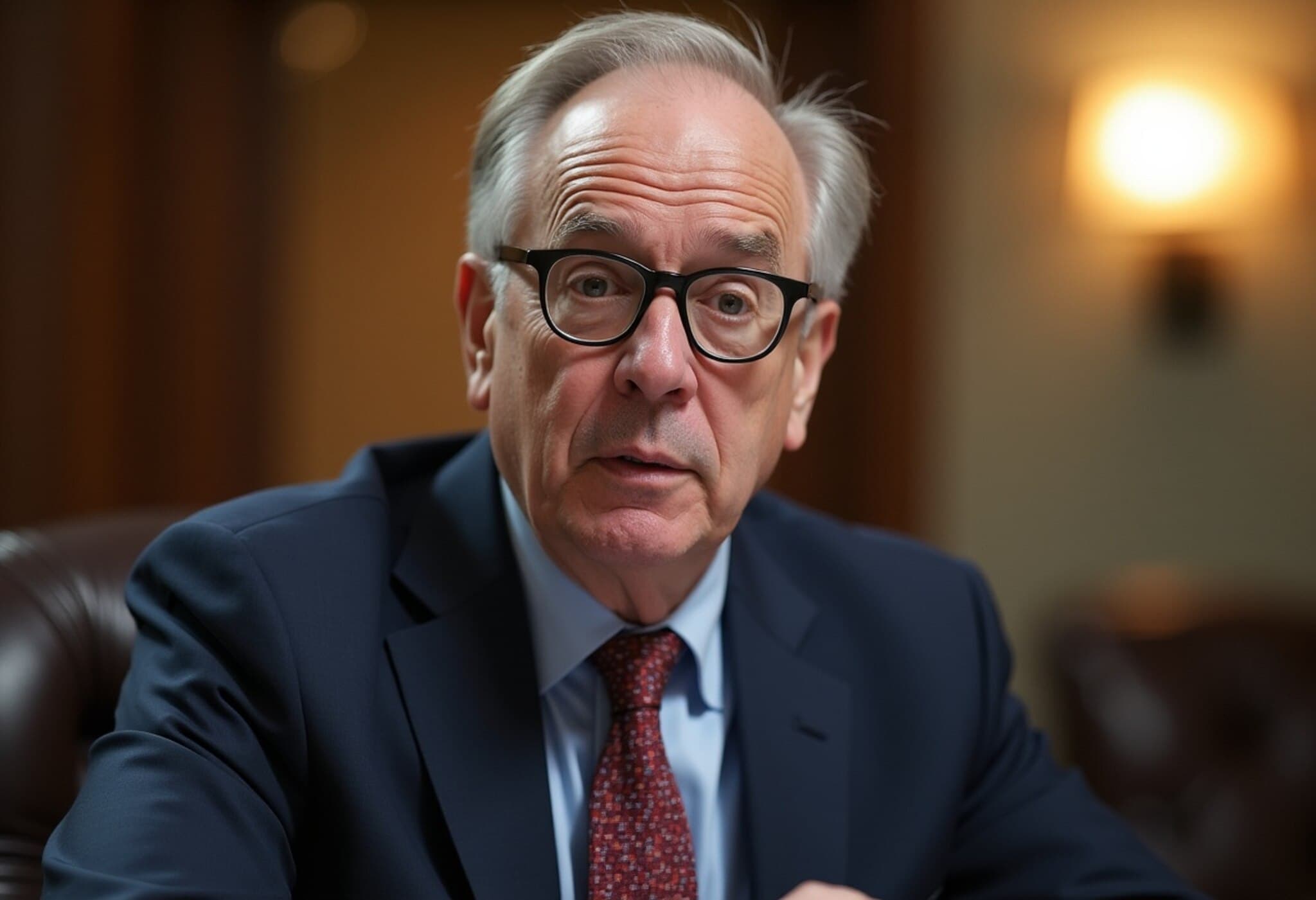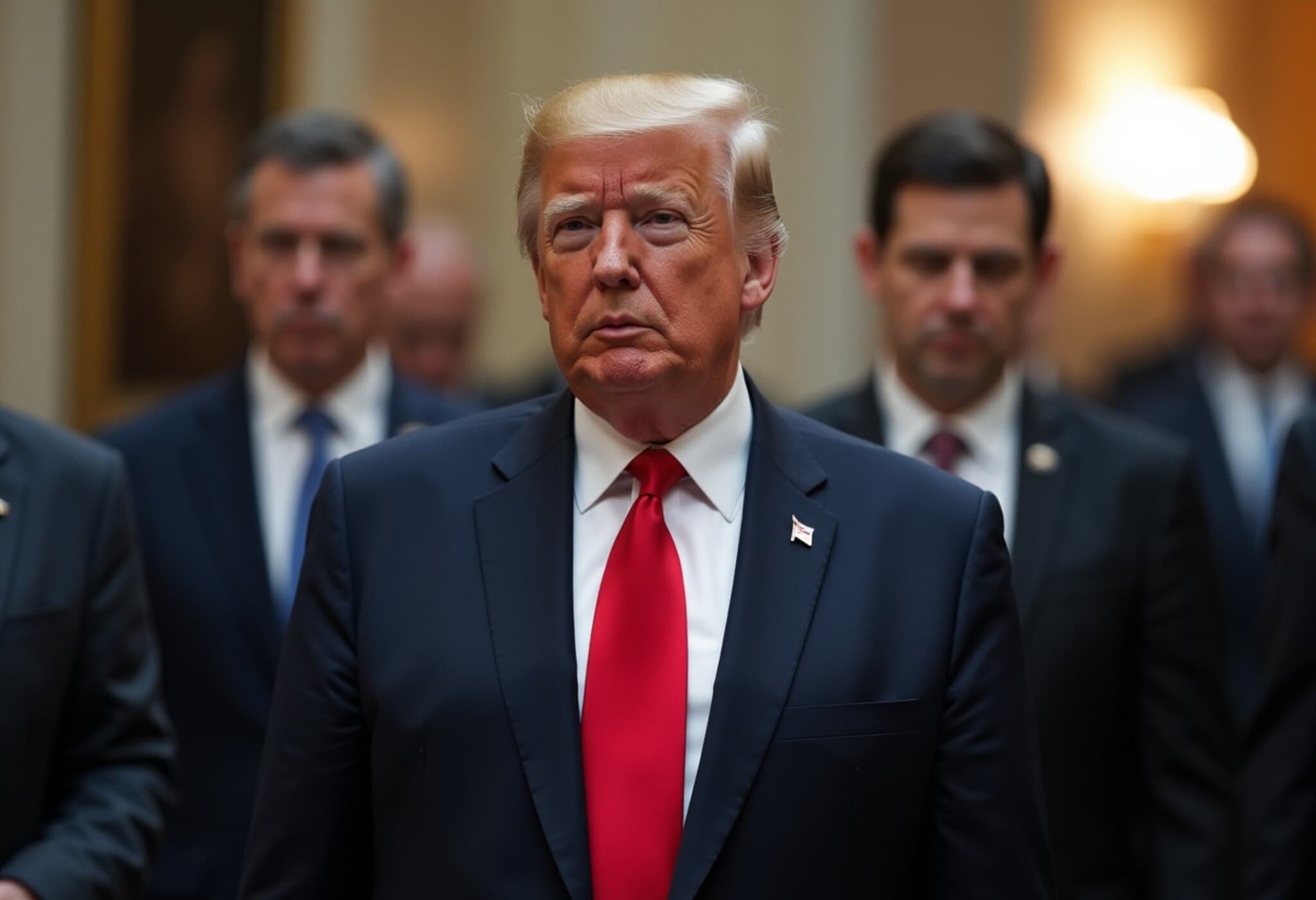Switzerland Hits Zero Interest Rate as Inflation Dips Below Zero
The Swiss National Bank (SNB) has cut its benchmark interest rate by 25 basis points, bringing it down to 0%. This move, anticipated by market experts, signals Switzerland's delicate balancing act as it moves into an era of near-zero interest rates amid deflationary pressures.
Deflation Grips Switzerland as Prices Fall
Unlike many countries grappling with high inflation, Switzerland is experiencing the opposite: deflation. Consumer prices declined by 0.1% year-over-year in May, a trend not unfamiliar to the nation, which has seen intermittent periods of falling prices throughout the 2010s and into the 2020s.
The Strong Swiss Franc’s Role in Deflation
A major driver behind this price decline is the Swiss franc’s robustness. Known globally as a safe-haven currency, the franc typically appreciates during times of global market uncertainty. This strength depresses import costs and, as imports constitute a significant portion of Switzerland’s consumer basket, overall inflation trends downward.
According to senior economists, the SNB’s decision to keep rates lower than other major economies is part of a strategy to curb the franc’s relentless appreciation and support domestic price stability.
Looking Forward: The Prospect of Negative Interest Rates
With rates already at zero, speculation is mounting over whether the SNB might push into negative territory. Some analysts predict a cut to -0.25% within the year, with the possibility of rates falling as low as -0.75%, matching the trough reached during previous economic cycles.
While lowering interest rates can stimulate borrowing and investment by making credit cheaper, negative rates carry risks. They could erode savers’ returns and squeeze banks’ profit margins, potentially unsettling long-term financial stability.
Experts caution that sustained negative rates might distort markets and weigh heavily on the banking sector, raising concerns about the balance between monetary stimulus and financial health.
Market Reaction
Following the SNB’s announcement, the Swiss franc steadied, maintaining its strength against the U.S. dollar. This resilience underscores the challenges the central bank faces in managing currency appreciation while trying to navigate a low-inflation environment.






